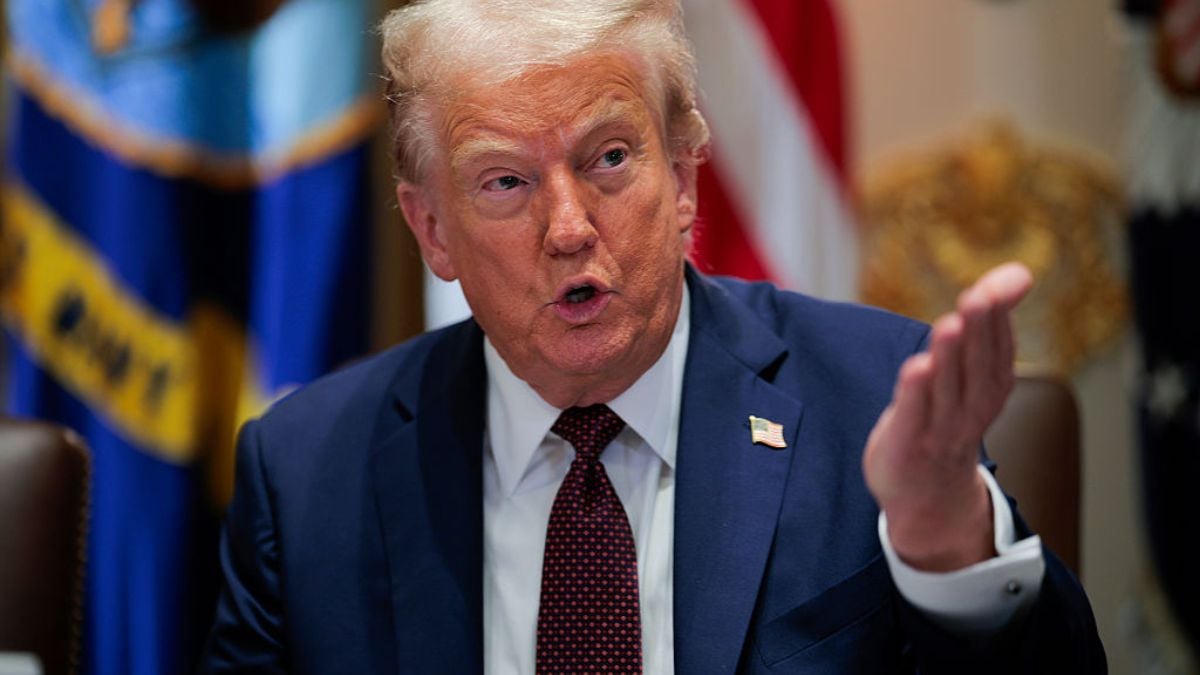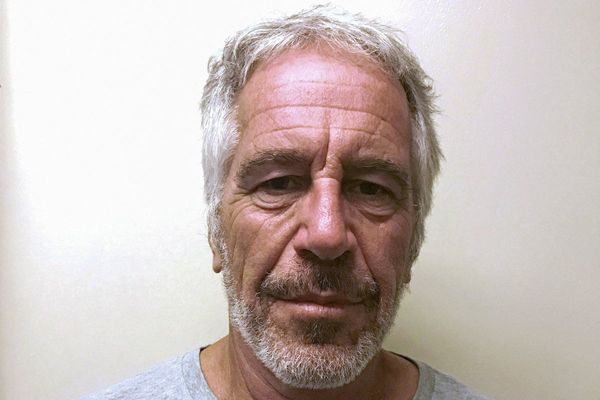
President Donald Trump has taken a dramatic turn away from police reform measures he once supported, dismantling three key accountability programs during his second term. This represents a complete reversal from his first presidency, when he championed many of the same reforms he is now eliminating.
The Justice Department announced Wednesday it would dismiss pending police reform agreements in Louisville and Minneapolis, marking the clearest sign yet that the Trump administration is backing away from federal oversight of police departments. The administration has also announced it will rescind reports that found patterns of discrimination in policing in multiple departments, including Phoenix, Memphis, and the Louisiana State Police.
During his first term, Trump struck a conciliatory tone in June 2020, just weeks after the murder of George Floyd, when he signed an executive order on police reform. “Reducing crime and raising [police] standards are not opposite goals,” Trump said according to Politico. “They’re not mutually exclusive.” That vision has now changed completely as he reverses course on the very reforms he once supported.
Trump shuts down federal police accountability database he originally proposed
Trump killed the National Law Enforcement Accountability Database on his first day back in office, eliminating a system that tracked the disciplinary records of nearly 150,000 federal law enforcement officers dating back to 2018, according to Bureau of Justice Statistics. The database was designed to prevent “wandering officers” who move from department to department after leaving behind a trail of misconduct.
During his first term, Trump actually proposed creating a similar database in 2020. His version would have included police misconduct and “concerning instances of excessive force,” and would have made anonymized information publicly available. By December 2024, the database had identified 4,790 misconduct incidents between 2018 and 2023, with nearly 1,500 federal officers either suspended, fired or resigned while under investigation for serious misconduct.
The White House defended the move by stating Trump was “committed to giving our brave men and women of law enforcement the tools they need to stop crime.” However, Trump’s broader actions regarding federal law enforcement oversight have raised questions about his commitment to police accountability.
Love or hate Trump – it is an absolute art form the way his actions and policies drive Democrats into moments like this.
— Ed (@OneM1L) August 26, 2025
What a clown.
The answer is: YES. It’s not complicated. Yes. More good police on the streets will put downward pressure on crime rates. Yes. https://t.co/gwux9OwLcJ
Second, Trump is dismantling his Justice Department’s ability to investigate local departments that show a “pattern or practice” of unconstitutional policing. This is a departure from his first administration, which allowed consent decrees in Baltimore and Chicago police departments to continue. His first-term Justice Department even launched its own investigation into the Springfield, Massachusetts police department in 2018.
Finally, Trump issued an executive order that ended the 2022 requirement for all federal law enforcement officers to wear body cameras. Both the Drug Enforcement Administration and Immigration and Customs Enforcement have since ended their body camera programs. On April 2, DEA headquarters emailed employees announcing that the body camera program had been terminated, saying the change was made to be “consistent” with Trump’s executive order.
These reversals come as Trump has expanded federal control over local law enforcement in other ways, including his recent federal takeover of Washington D.C.’s police department, which has faced criticism from Republicans who have expressed growing concerns about his policy reversals. Research shows that body cameras have been associated with reductions in use of force and complaints against officers, as well as increased value for criminal prosecutions and determining the accuracy of citizen complaints. The technology is now nearly universal among large local, county and state police agencies, with both officers and the public supporting its use.
The three moves represent what experts call a concerning step backward. Many benefits of police reform, including improved oversight and transparency as well as perceived police legitimacy, likely have a positive effect on an agency’s effectiveness and help fight crime. Blocking these reform efforts could have consequences in the form of rising crime. Critics argue that retreating from police reform is not a strength, but a liability for law enforcement effectiveness.







